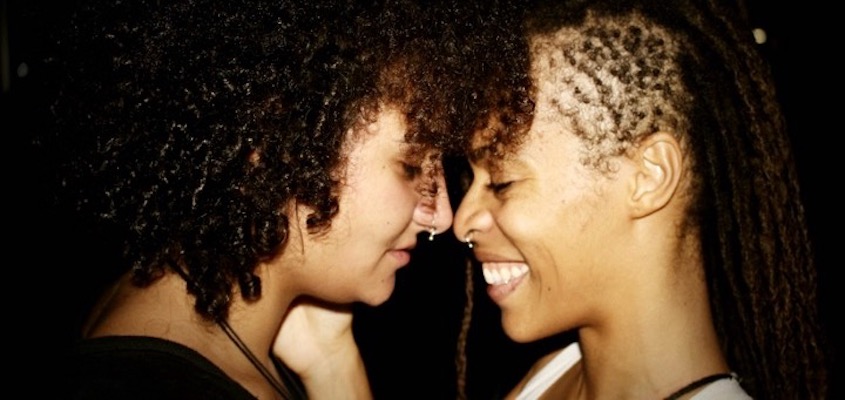by ROBERTO SIRVEN

Even those who are significantly marginalized act in ways that, unfortunately, inflict pain on others.
“There is no refuge for Brazilians who are not white, male, heterosexual, and wealthy.”
In this series, we ask acclaimed authors to answer five questions about their book. This week’s featured author is Andrea S. Allen. Allen is Assistant Professor at the Centre for Diaspora and Transnational Studies and the Department of Anthropology at the University of Toronto. Her book is Violence and Desire in Brazilian Lesbian Relationships.
Roberto Sirvent: How can your book help BAR readers understand the current political and social climate?
Andrea Allen: My book focuses on the experiences of Black lesbian women in the city of Salvador da Bahia, Brazil. In my ethnography, I reveal and analyze a paradox: while Brazilian lesbian women reject Brazilian cultural norms that encourage male domination and female submission through their engagement in romantic relationships with each other, they also reproduce Brazilian cultural ideals that associate passion, intensity, and power with physical dominance through their engagement in infidelity and intimate partner violence. Despite these apparent displays of masculinized power, I demonstrate that lesbian women are nonetheless marginalized as Brazilian citizens through widespread social and political invisibility. Unfortunately, the election of Jair Bolsonaro has only worsened the political and social climate for Black lesbian women, LGBTQ Brazilians, Afro-Brazilians, poor Brazilians, women—basically anyone who is disenfranchised, marginalized, and lacking power in Brazilian society. While the bancada evangélica (evangelical political bloc) in Brazil’s Congress began accruing power before the Bolsonaro regime, his ascendancy further solidified that there is no refuge for Brazilians who are not white, male, heterosexual, and wealthy. Moreover, the COVID-19 pandemic has exacerbated inequalities and laid bare extreme disparities that have always existed in Brazil. Black and Brown Brazilians are more likely to be infected by the coronavirus and die from it, similar to the health outcomes seen among Black, Latinx, Native American communities in the United States (as well as among visible minorities and Indigenous peoples in Canada and BAME communities in the United Kingdom). Alongside already established health disparities within these communities, so often their members are also essential workers who have not been able to shelter in place during the pandemic; their bodies are visibly needed even as their pain, and sometimes deaths, are ignored or elided. Similarly, these conditions underscore the betwixt and between circumstances that render Brazilian lesbian women, especially Black lesbian women as invisible, but essential, members of Brazilian society.
What do you hope activists and community organizers will take away from reading your book?
Black Agenda Report for more